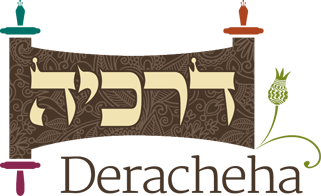| ♥ 0 |
Hi – I’ve always wondered how women can say the following line in benching: “al brischa shechasamta bevsarenu” – on the covenant that you circumcised on our flesh. Obviously this is not relevant for women, why is this included in our benching as well? How are we to understand this?
Marked as spam
|
|
Private answer
Indeed, some authorities, including Tosafot (Berachot 20b) and Rema (187:3), maintain that women do not recite this line of birkat ha-mazon. Tosafot there even suggest that women's inability to say it raises the possibility that birkat ha-mazon is not obligatory on a Torah level for women! Rav Yosef Karo, however, does not express any hesitation about women saying it in Shulchan Aruch (OC 187:4), and Mishna Berura there says it is common custom for women to recite it. How can reciting it make sense? Three main possibilities: 1. Mishna Berura writes that a woman has in mind gratitude for the gift of berit mila, taking “our flesh” in a broad sense. Though it is performed on men, it is relevant and meaningful to all of us. 2. Beit Yosef writes that a woman expresses gratitude for berit mila because a man and wife are as one flesh. (He doesn’t explain what this should mean for an unmarried woman.) 3. Magen Avraham cites a Talmudic suggestion (A”Z 27a) that women “are considered as though circumcised,” and for that reason can say it. On this last reading, the absence of a foreskin may be seen as an inherent circumcision for Jewish women, who enter the covenant from birth and are grateful for it. See more Q&A here. Marked as spam
|

